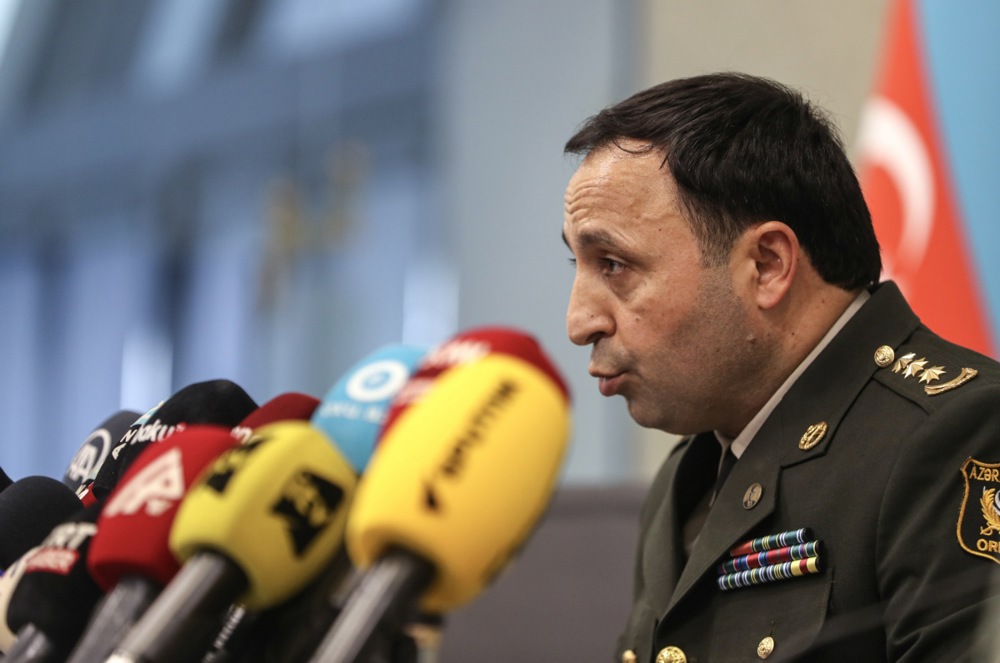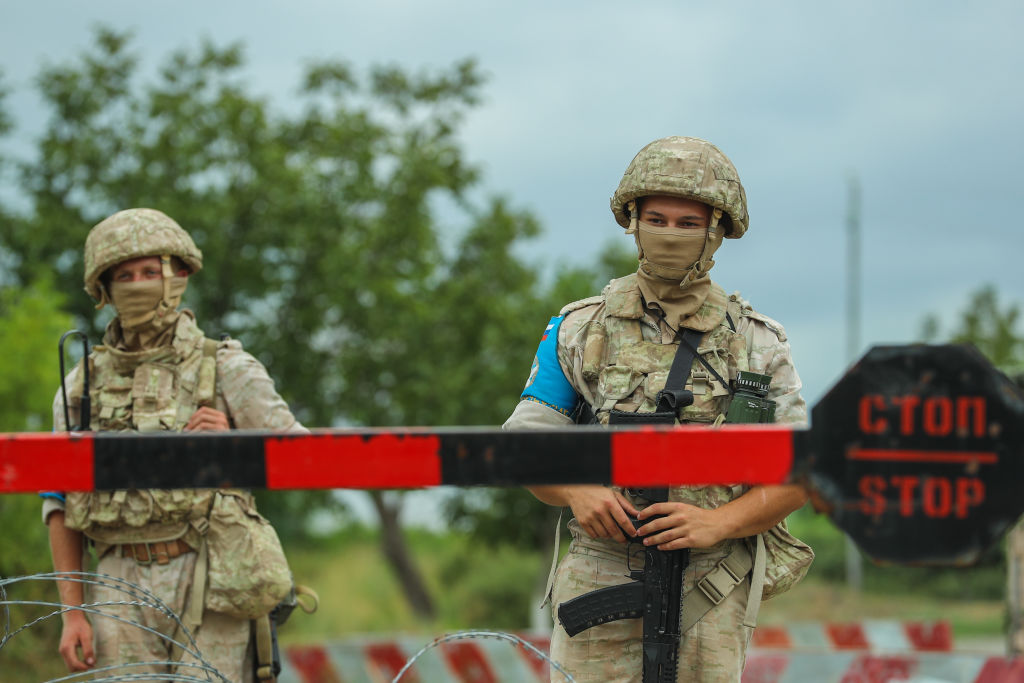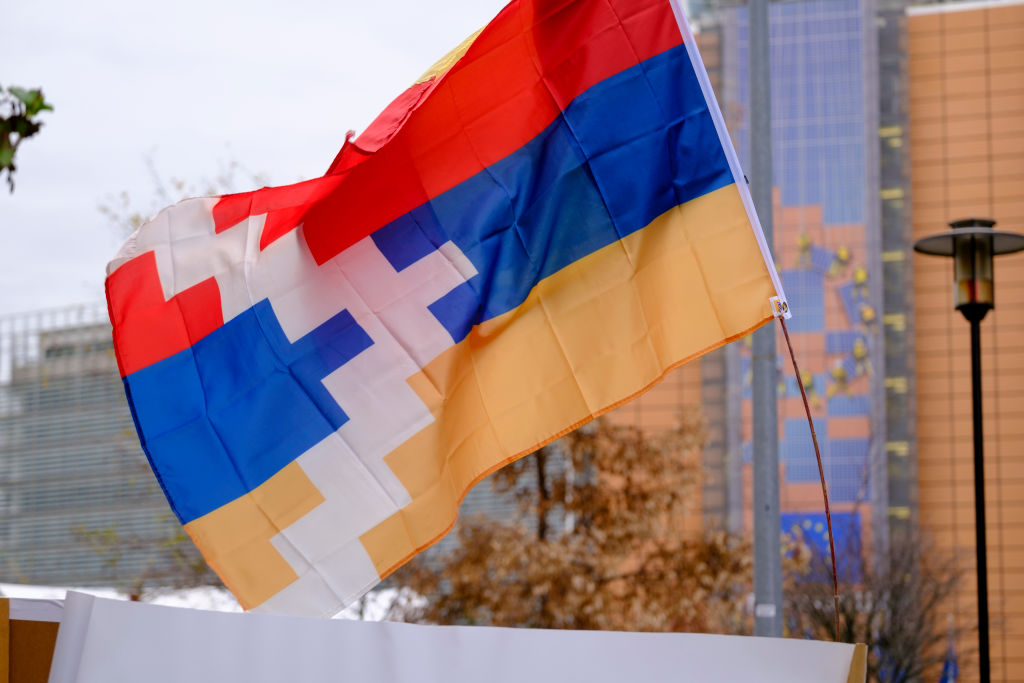Armenian Prime Minister Nikol Pashinyan stated on October 26 that he hopes to negotiate a peace treaty with Azerbaijan in the coming months, just weeks after the Azerbaijani takeover of the Nagorno-Karabakh region.
Pashinyan made the announcement in his address at the Tbilisi Silk Road International Forum.
“We are currently working on the draft peace and relations normalisation agreement with Azerbaijan, and I hope that this process will be successfully completed in the coming months.
“I hope that the peace treaty with Azerbaijan will be signed in the coming months,” he said.
“I hope in the near future there will be developments also towards opening the border between Armenia and Turkey for citizens of third countries and holders of diplomatic passports.”
That frontier has been closed since the early 1990s as Turkey is a close ally of Azerbaijan and has a poor relationship with Armenia.
Pashinyan called the border reopening efforts a “Crossroads of Peace” project.
Earlier, Azerbaijani President Ilham Aliyev stated that a peace treaty with Yerevan could be signed by the end of 2023.
The agreement is based on two principles: mutual recognition of each other’s territorial integrity and no recourse for argument on border delimitation, on the basis of the 1991 Alma Ata Declaration.
That declaration established the Commonwealth of Independent States following the break-up of the Soviet Union.
Recognised internationally as being part of the Republic of Azerbaijan, Nagorno-Karabakh had been under the effective control of a breakaway ethnic Armenian Government that claimed to better represent those living there.
But in September 2023, Azerbaijan launched a lightning offensive and took over the entire region. In a short time, almost all of the ethnic Armenian residents had fled Nagorno-Karabakh and settled in Armenia.
Azerbaijan’s Ambassador to the European Union Peter Michalko told Brussels Signal at the time their leaving was “a personal choice” and there was no ethnic cleansing.
Azerbaijan, he added, aimed to provide “all the assurances or guarantees” regarding the safety of those living in the region.
In Armenia, there remained concerns over an invasion by Azerbaijan. On October 17, Pashinyan told the European Parliament that he feared further Azerbaijani aggression against his country.
That outlook seems to have now fundamentally shifted.





